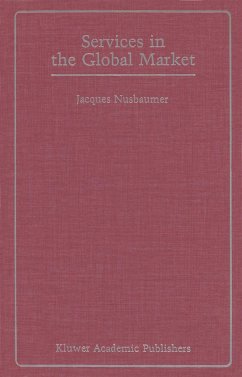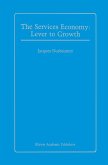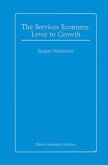Service activities are at the heart of a major economic revolution taking place all around us. This new economic revolution is equivalent to the Industrial Revolution in the eighteenth century, the rise of the guilds in the Middle Ages, and the shift from a hunter/gatherer economy to an agricultural/pastoral economy at the dawn of recorded history when organized agriculture first led to the development of towns and the invention of writing. In this new revolution, computers, factory robots, and completely automated factories are rapidly reducing the need for physi cal labor in production. At the same time, sophisticated agricultural machinery, fertilizers, pesticides, and biogenetic engineering have reduced and will continue to reduce the physical labor involved in growing food. In the new economy that will emerge from this revolution, most people will earn their living by working in services. Like all revolutions, the new economic revolution is troublesome because it brings withit major changes in everyday life, both at home and in the workplace. Change creates uncertainty about the future and am biguity in the interpretation of economic trends. The new revolution is also troublesome because it adds to the complexity of economic organiza tion and removes more people from the direct production of physical goods. In the new economy, more and more jobs will be based on the application of specialized knowledge and the manipulation of information with computers, a long step away from "real" jobs like growing wheat and assembling cars.
Hinweis: Dieser Artikel kann nur an eine deutsche Lieferadresse ausgeliefert werden.
Hinweis: Dieser Artikel kann nur an eine deutsche Lieferadresse ausgeliefert werden.








